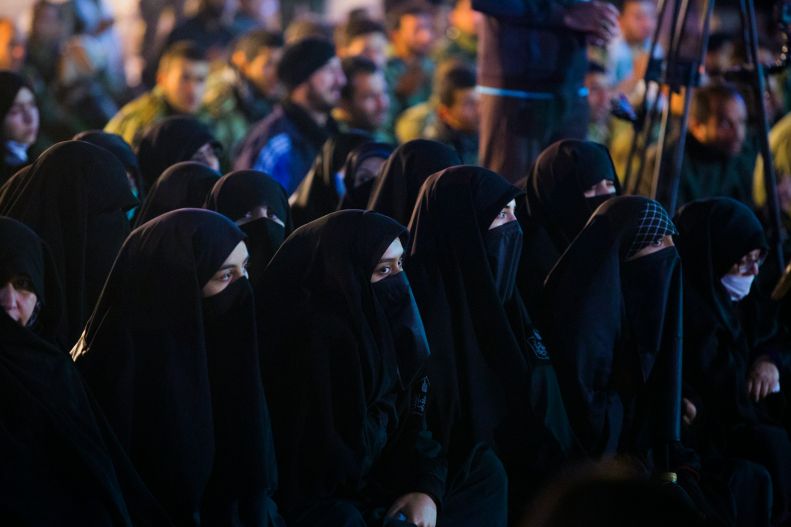Improving Women’s Status Promotes Peace—but How?

Sabrina Karim in World in Focus
PACS associate director Sabrina Karim joined the Cornell Chronicle for an interview about her new book on how women's status affects different forms of political violence.
“We advocate for larger, systemic change that includes all aspects of women’s status—but especially a reduction of harm to women. When you reduce harm to women, you allow women to mobilize politically …, which is one of the most successful pathways for getting political reform and change in a country.”
The catch-all term “gender equality” masks important discrepancies in women’s status that correlate with more or less violent societies, PACS associate director Sabrina Karim demonstrates in her September 2024 book, Positioning Women in Conflict Studies: How Women’s Status Affects Political Violence.
“Much of the literature suggested that ‘gender equality’ is something of a panacea that reduces the likelihood of interstate war, intrastate war, terrorism and state violence,” write Karim and coauthor Daniel W. Hill Jr. “Our results paint a different picture.”
Gender equality actually encompasses four distinct concepts—women’s inclusion, women’s rights, harm to women, and beliefs about women’s roles—which makes it an imprecise measure of women’s status around the world, the book argues. In an interview with the Cornell Chronicle, Karim explained the findings that one of these concepts, harm to women, makes war or terrorism more likely.
“In societies where women can’t organize for political change because they are dying or being regularly injured or harmed, you’re less likely to see change through nonviolent means, and so those societies resort more to political violence to get the change that they want,” Karim said.
Because certain aspects of women’s status are more closely linked to peaceful societies, the book’s nuanced analysis can help identify promising pathways to peace. “Given limited resources,” she said, “our strategy allows us to formulate better policy recommendations.”
Sabrina Karim is associate director of Einaudi's Reppy Institute for Peace and Conflict Studies (PACS). She is a frequent commentator on conflict and peace processes.
Featured in World in Focus Briefs
